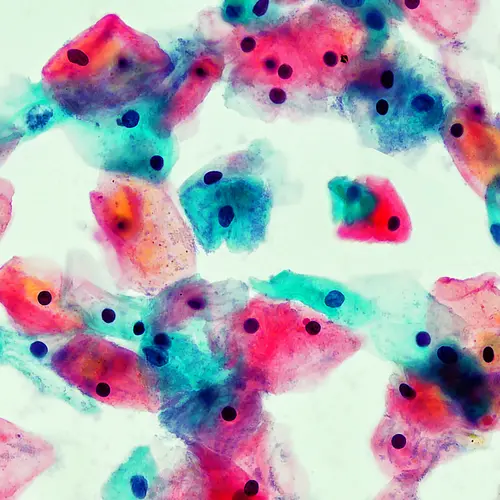Chemotherapy attacks cancer cells, but it can also affect some of your body’s healthy cells in the process.
The drugs can lower the number of white blood cells your bone marrow makes. You’re not able to fight infections as well when you don’t have enough of those white blood cells. Here are some ways to lower your risk of infection.
Keep Your Hands Clean
Wash your hands often. Ask anyone who lives with you or visits to wash their hands often, too. Clean hands help stop infections from being passed around. Be sure to do it:
- After you use the bathroom
- Before, during, and after you cook
- After you touch or care for your pet
- After you take out the garbage
- After you cough or blow your nose
If you’re taking care of a child, wash your hands after you change diapers or wipe their bottom.
Washing with soap and water is best. Here’s the right way to do it:
- Wet your hands with clean, running tap water.
- Rub your hands together with soap for 20 seconds or longer.
- When you’re done, rinse well in clean tap water.
- Dry your hands with a clean towel or let them air-dry.
Alcohol-based hand sanitizer is OK if you can’t get to soap and water.
Personal Hygiene
Chemo drugs can dry and irritate your skin. This can lead to small cuts and other openings, which makes it easier for infections to get in.
To protect your skin and lower the risk of infection:
- Shower or bathe daily with mild soap and a soft washcloth.
- Wash your feet, groin, and armpits well. These areas tend to be sweaty.
- Pat your skin dry with a towel. Don’t rub it.
- Use unscented lotion or cream to moisturize you skin.
- Don’t get in hot tubs.
- Don’t share towels or washcloths.
You’re more likely to get mouth infections during chemo. It can make your gums more sensitive, too. Take these steps to avoid infection:
- Brush your teeth when you wake up, before you go to bed, and after each meal.
- Use a soft-bristled toothbrush and replace it every 3 months.
- Ask your doctor if you should floss. It may make your gums bleed.
- Don’t use toothpicks after meals.
- Try not to eat or drink acidic foods and beverages, like orange juice or vinegar salad dressings. They might irritate your mouth and gums.
Safe Laundry Tips
Chemo drugs can stay in your body’s fluids for a few days. Caregivers can absorb them through their skin if they touch any of your blood, urine, or other fluids. This could lead to a rash, nausea, belly pain, and other symptoms. Follow these steps for 48 hours, or 2 days, after treatment when washing clothes and bed linens:
- You or your caregiver should wear disposable gloves when washing your clothes, sheets, towels, or other linens.
- It’s best to wash soiled clothes and linens right away. Put them in sealed plastic bags if you don’t have time.
- Wash your clothes and linens separate from everyone else’s. Run each load two times. Use laundry detergent and hot water.
- Don’t wash clothes and linens by hand. Always use the washing machine.
- If your dirty clothes or linens touch a container or device, wash it with soap and water, then dry with clean paper towels.
Food Handling and Prep
You’re more likely to get food-borne bugs when you’re in chemotherapy. To lower your risk of infection:
- Wash and rinse your hands before and after you prepare or eat meals.
- Wash all cooking and eating utensils and counters before cooking.
- Wash raw fruits and vegetables before you eat them.
- Thaw frozen foods in the fridge in a container to catch drips. Don’t thaw food on the counter.
- Wash canned sodas before you drink them.
- Cook eggs until they’re hard before eating.
- Use a new dishcloth every day to clean your pots and counters. Don’t use a sponge.
How to Manage Chemo Side Effects
Nausea, diarrhea, fatigue, and changes in the way food tastes are common chemo side effects. These tips may help you manage your side effects and feel a little better during this challenging time:
- Avoid dairy products. Chemo can make it harder for your body to process them. This can lead to diarrhea.
- Drink your liquids between meals to ease diarrhea.
- Don’t eat spicy, fatty, or sugary foods. They might trigger diarrhea.
- Diarrhea can make you dehydrated, so drink lots of liquids like water. Cut back on caffeine.
- If your mouth has a “metallic” taste, try brushing your teeth before you eat.
- To ease nausea, eat a few small meals or snacks during the day so your stomach isn’t empty. Chew your food well. Chilled foods may be easier on your stomach than hot ones.
- Set aside time to rest every day. Do only what you feel you can handle. If you’re up to it, light exercise like walking can boost your energy level.

